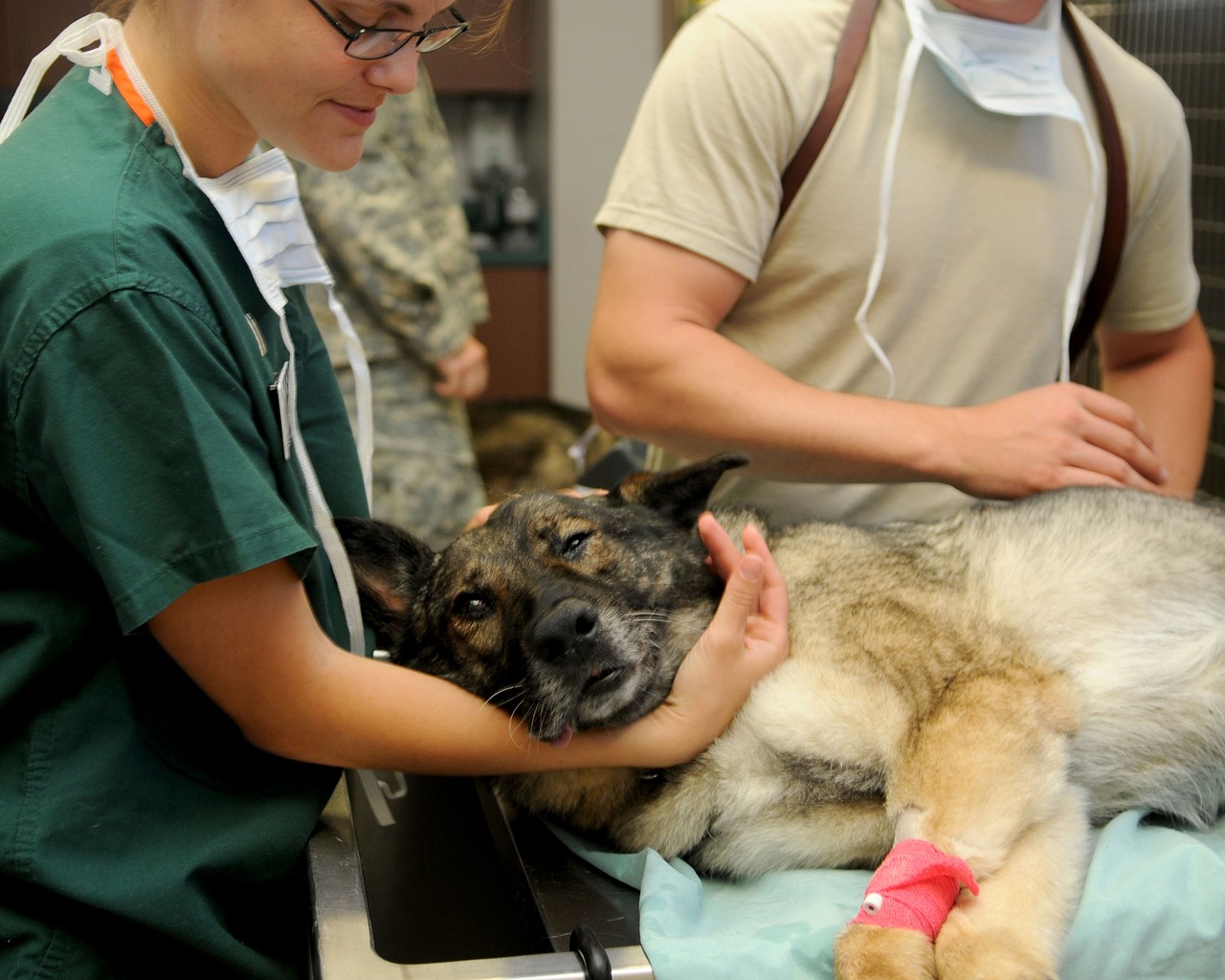Pet ownership is a rewarding journey filled with companionship, joy, and responsibility. At the heart of responsible pet care lies the importance of regular veterinary check-ups. In this comprehensive guide, we will explore the significance of routine vet visits, covering everything a pet owner should know about when going to the vet and why these check-ups must be conducted regularly. Prioritizing pet health through proactive veterinary care is fundamental to ensuring a happy and thriving life for our beloved animal companions.
Preventive Care and Early Detection
One of the primary reasons for regular vet check-ups is preventive care. Just as humans benefit from regular health screenings, pets require routine examinations to detect potential issues before they escalate. Preventive care not only helps maintain optimal pet health but also allows for early detection and intervention in case of emerging problems.
Key Points:
- Comprehensive Physical Examinations: Regular check-ups involve thorough physical examinations, enabling vets to identify subtle signs of illness or changes in your pet’s condition.
- Vaccinations and Parasite Control: Routine visits include updates on vaccinations and discussions about parasite control, preventing the onset of various diseases.
- Blood Tests and Diagnostics: Periodic blood tests and diagnostics can identify underlying health issues, allowing for timely intervention.
Dental Health
Dental health is a crucial aspect of overall pet care often overlooked by owners. Regular veterinary check-ups include dental assessments and recommendations for maintaining oral hygiene, ensuring that your pet’s teeth and gums stay healthy throughout their life.
Key Points:
- Professional Dental Cleanings: Vets can perform professional dental cleanings to address tartar buildup and prevent dental diseases.
- Home Dental Care: Vets provide guidance on at-home dental care, including tooth brushing and the use of dental treats or toys.
- Early Intervention: Regular check-ups help identify dental issues early, preventing potential pain and discomfort for your pet.
Nutritional Guidance
Proper nutrition is fundamental to pet health and well-being. Veterinarians play a crucial role in providing nutritional guidance tailored to your pet’s specific needs, considering factors such as age, breed, and health condition.
Key Points:
- Customized Diet Plans: Vets can create personalized diet plans to address your pet’s nutritional requirements.
- Weight Management: Regular monitoring helps in managing your pet’s weight, preventing obesity-related health issues.
- Dietary Adjustments: As pets age or face health challenges, vets can recommend dietary adjustments to support their changing needs.
Behavioral Consultations
Changes in behavior can be indicative of underlying health issues or emotional distress. Regular vet check-ups include behavioral consultations, allowing vets to assess and address any behavioral concerns, ensuring the emotional well-being of your pet.
Key Points:
- Identification of Stressors: Vets can help identify sources of stress or anxiety affecting your pet’s behavior.
- Training and Socialization: Behavioral consultations include guidance on training and socialization to address specific behavioral challenges.
- Addressing Aggression or Anxiety: Timely intervention can prevent the escalation of behavioral issues, promoting a harmonious relationship between pet and owner.
Senior Pet Care
As pets age, their health needs evolve, requiring specialized care. Regular vet check-ups become even more crucial for senior pets, ensuring that age-related conditions are identified and managed appropriately.
Key Points:
- Early Detection of Age-Related Conditions: Regular monitoring helps identify and manage age-related conditions such as arthritis, kidney disease, or cognitive decline.
- Pain Management: Vets can provide solutions for managing pain and discomfort associated with aging, enhancing the quality of life for senior pets.
- Nutritional Adjustments: Senior pets may require dietary adjustments, and vets can recommend appropriate senior diets to meet their changing nutritional needs.
Diagnostic Imaging and Screening
Regular vet check-ups may involve diagnostic imaging and screening procedures, providing a comprehensive view of your pet’s internal health. These procedures are invaluable in identifying issues that may not be apparent during a physical examination.
Key Points:
- X-rays and Ultrasound: Diagnostic imaging can reveal internal abnormalities, fractures, or growths that may require attention.
- Blood and Urine Tests: Routine screening tests can detect underlying health conditions, enabling early intervention.
- Wellness Panels: Comprehensive wellness panels may include various tests to assess organ function, blood cell counts, and overall health status.
Emergency Preparedness
Beyond routine check-ups, regular visits to the vet contribute to emergency preparedness. Familiarity with your pet’s health history and routine monitoring allow vets to respond quickly and effectively in case of emergencies, potentially saving your pet’s life.
Key Points:
- Establishing Baseline Health: Regular check-ups establish a baseline for your pet’s health, aiding in the rapid identification of abnormalities during emergencies.
- Emergency Contact Information: Vets can provide guidance on emergency contact information and actions to take in case of sudden health crises.
- Ensuring Prompt Care: Immediate access to your pet’s health records facilitates prompt and informed care during emergency situations.
Regular vet check-ups are the cornerstone of responsible pet care, promoting overall health, well-being, and longevity. Through preventive care, early detection of issues, and comprehensive health assessments, veterinarians play a pivotal role in ensuring that our beloved pets lead happy and healthy lives. Prioritizing regular vet visits is an essential aspect of responsible pet ownership, fostering a strong partnership between owners and veterinary professionals dedicated to the well-being of our cherished animal companions. Embrace the commitment to regular veterinary care, and watch as your pet thrives under the attentive and proactive approach to pet health.

